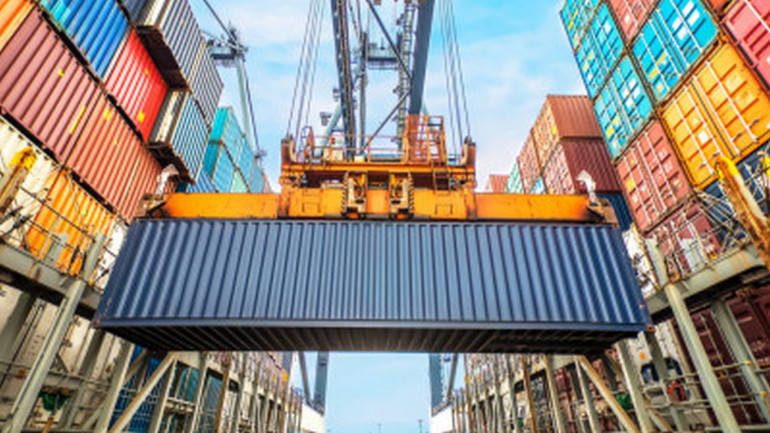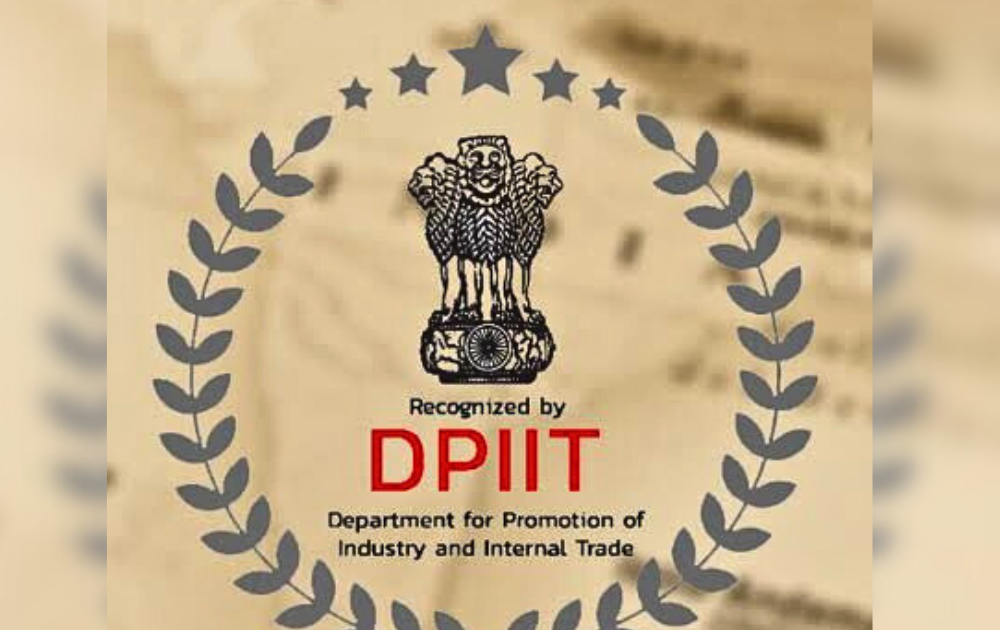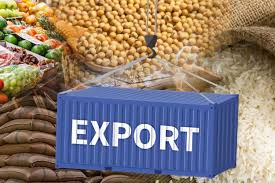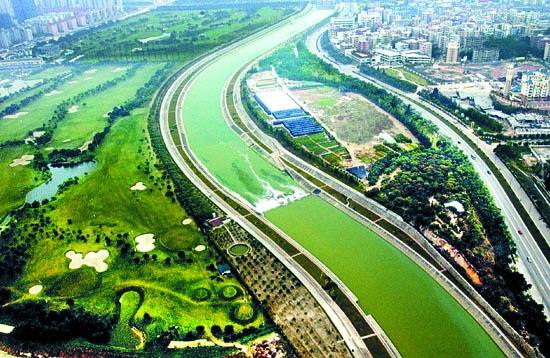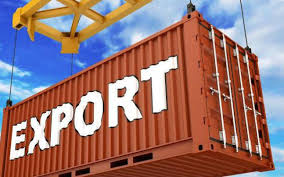- Sectoral Plan for Efficient Logistics (SPEL) in Coal sector have been notified.
- 26 States/ UTs have notified their respective Logistics policies. The details of the notified policies are accessible at https://dpiit.gov.in/logistics/state-logistics-policies.
- Inter ministerial Service Improvement Group (SIG) has been constituted on 14th March 2023 and with the involvement of business associations from the logistics sector, creating the robust mechanism to resolve issues and improve efficiency within the sector.
- The 5th edition of Logistics Ease Across Different States (LEADS) 2023 was launched on 16 December 2023.
- E-Handbook on Warehousing Standards was launched in 2022.
Initiatives undertaken by the Ministry of Railways, such as the Dedicated Freight Corridors, GatiShakti Cargo Terminals, and freight digitization efforts, along with the development of Multi-Modal Logistics Parks by the Ministry of Road Transport and Highways, development of air cargo facilities by Airport Authority of India, and digital initiatives like Unified Logistics Interface Platform (ULIP) and Logistics Data Bank (LDB) by Ministry are anticipated to significantly contribute to reducing logistics costs, improving transit times, and enhancing overall supply chain efficiency. The policy is also closely linked with infrastructure initiatives like PM Gati Shakti, which focuses on building integrated infrastructure networks using the GIS Platform.
India’s ranking in World Bank’s Logistics Performance Index (LPI) has improved by six places from 54 in 2014 to 38 in 2023. The World Bank has acknowledged India’s efforts in LPI 2023 report, including investment in soft and hard infrastructure to connect ports on both coasts to economic poles in the hinterland, and supply chain digitization.
A digital gateway – Unified Logistics Interface Platform (ULIP) – has been launched in 2021 to enable industry stakeholders to access logistics-related datasets from various government systems through API-based integration. The platform operates on a request-response mechanism and is currently integrated with 39 systems of 11 ministries, providing access to over 1,800 data fields via 125 APIs. For tracking and tracing 100% of India’s containerized EXIM cargo, the Logistics Data Bank (LDB), has been developed. LDB uses Radio frequency identification (RFID) technology to provide real-time tracking of EXIM container movement in India.
On 4th October 2023, a Memorandum of Understanding (MoU) was signed with Gati Shakti Vishwavidyalaya to develop a specialized logistics curriculum, with 8 courses already launched in this domain. A Centre of Excellence (CoE) for City Logistics was established at the School of Planning and Architecture (SPA), Bhopal, on 8th May 2024. Total 37 qualification packs (QPs) for skill development are operational including 7 QPs prepared in FY 24-25 along with Logistics Sector Skill Council (LSSC).
The Freight Greenhouse Gas Calculator is developed for calculating and comparing GHG emissions, between various modes of transports for a fixed Origin-destination pair to create awareness and promote sustainability. Indian Railway has introduced the concept of assigning “Rail Green Points” to its freight customers which give details of the expected saving of carbon emission.
This information has been provided by the Union Minister for State for Commerce and Industry, Shri Jitin Prasada in a written reply in the Lok Sabha today.
 Indian Industry Plus A Pratisrutiplus Suppliment
Indian Industry Plus A Pratisrutiplus Suppliment












